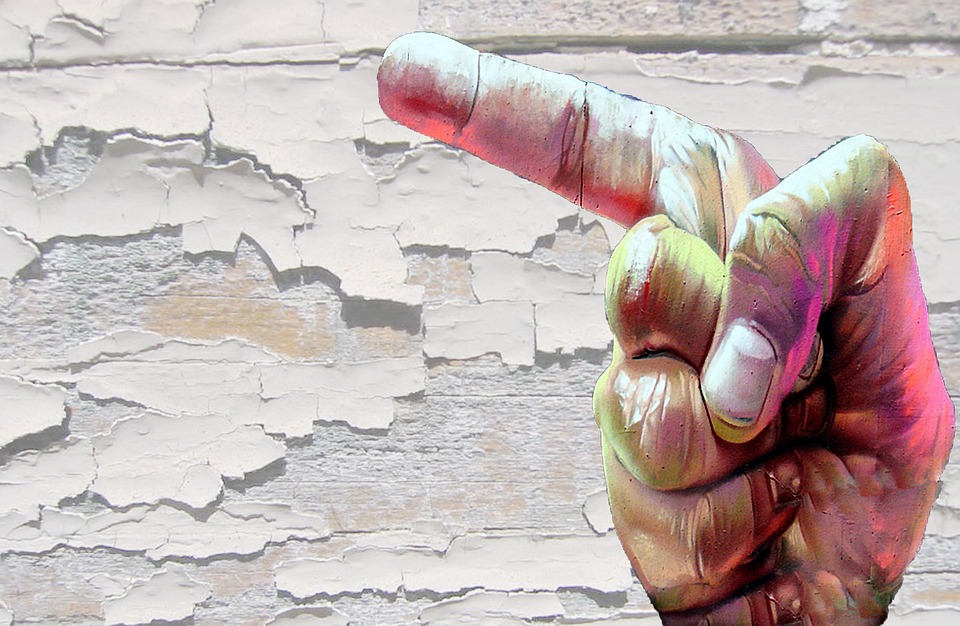Reimagining History: Modern Interpretations of Historical Events
The Influence of Modern Times on Historical Interpretations
History is often seen as a fixed series of events that have already occurred, documented in textbooks and museums for future generations to learn about. However, with the passage of time and the evolution of society, our understanding of historical events has also evolved. In modern times, there has been a shift towards reimagining history through a more critical and diverse lens, allowing for new interpretations and perspectives on events that have shaped our world.
One of the key factors influencing modern interpretations of historical events is the increased access to information and resources. With advancements in technology and the internet, individuals now have the ability to research and uncover new information about past events that may have been previously overlooked or misrepresented. This has allowed historians and scholars to present a more comprehensive and accurate account of history, challenging traditional narratives and shedding light on marginalized voices.
Additionally, the changing social and political landscape of modern times has also played a role in shaping how we interpret historical events. With increasing awareness and advocacy for social justice and equality, there has been a push to revisit historical events through a more inclusive and diverse lens. This has led to a reevaluation of past narratives that may have perpetuated stereotypes or marginalized certain groups, allowing for a more nuanced and multifaceted understanding of history.
Challenging Traditional Narratives
One of the ways in which modern interpretations of historical events have challenged traditional narratives is by highlighting the perspectives of marginalized groups. For example, the Civil Rights Movement in the United States is often portrayed as a struggle between black Americans and white segregationists. However, modern interpretations have sought to include the voices of other groups, such as Native Americans, LGBTQ+ individuals, and women, who also played a role in the fight for equality and justice.
By incorporating these diverse perspectives, historians and scholars have been able to paint a more comprehensive picture of historical events, showing how multiple groups were impacted and involved in shaping the course of history. This has not only provided a more accurate representation of past events but has also helped to challenge stereotypes and misconceptions that may have been perpetuated in traditional narratives.
Additionally, modern interpretations of historical events have also sought to challenge the glorification of certain figures and events that may have been problematic or harmful. For example, the celebration of historical figures such as Christopher Columbus or Confederate leaders has come under scrutiny in recent years, as their actions and beliefs have been reevaluated in light of modern values and ethics. By reimagining these historical narratives, we are able to confront the complexities and contradictions of the past, allowing for a more honest and critical reflection on our history.
Reevaluating Historical Figures and Events
In addition to challenging traditional narratives, modern interpretations of historical events have also led to a reevaluation of historical figures and their legacies. For example, the #MeToo movement has sparked a reexamination of historical figures who may have been accused of sexual misconduct or abuse, leading to debates over whether monuments or memorials dedicated to these individuals should be removed or reinterpreted.
Similarly, the Black Lives Matter movement has called attention to the legacy of colonialism and slavery, prompting discussions about how we remember and commemorate figures who were complicit in these systems of oppression. By reevaluating the actions and beliefs of historical figures, we are able to take a more critical and nuanced approach to understanding their impact on history and society.
Conclusion
The reimagining of history through modern interpretations has opened up new possibilities for how we understand and engage with the past. By challenging traditional narratives, incorporating diverse perspectives, and reevaluating historical figures and events, we are able to create a more comprehensive and accurate picture of history that reflects the complexities and contradictions of the past.
Moving forward, it is important to continue to push boundaries and expand our understanding of history through a more critical and inclusive lens. By doing so, we can ensure that future generations have a more nuanced and accurate appreciation of the events that have shaped our world, allowing us to learn from the past and strive towards a more just and equitable future.

Leave a Reply